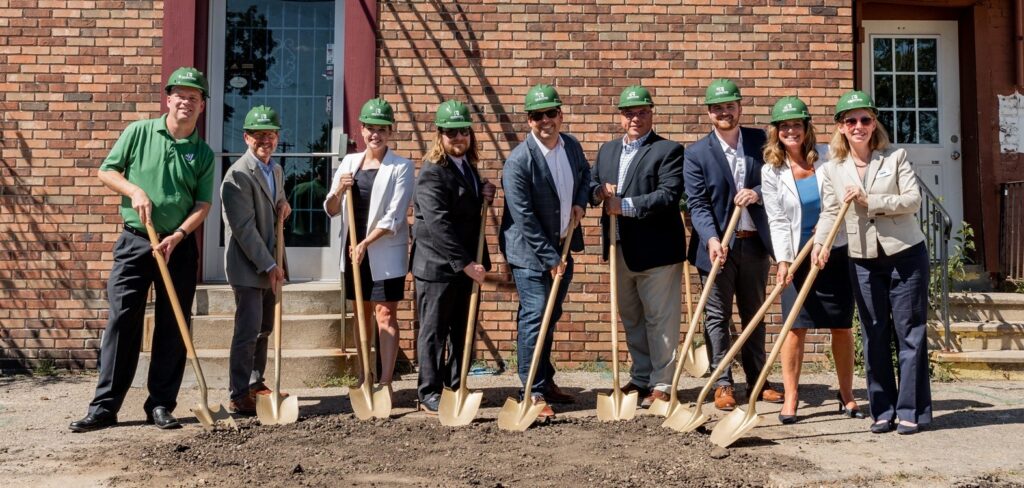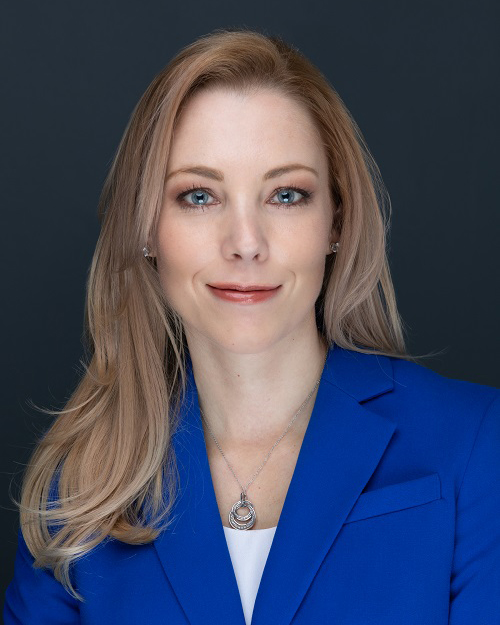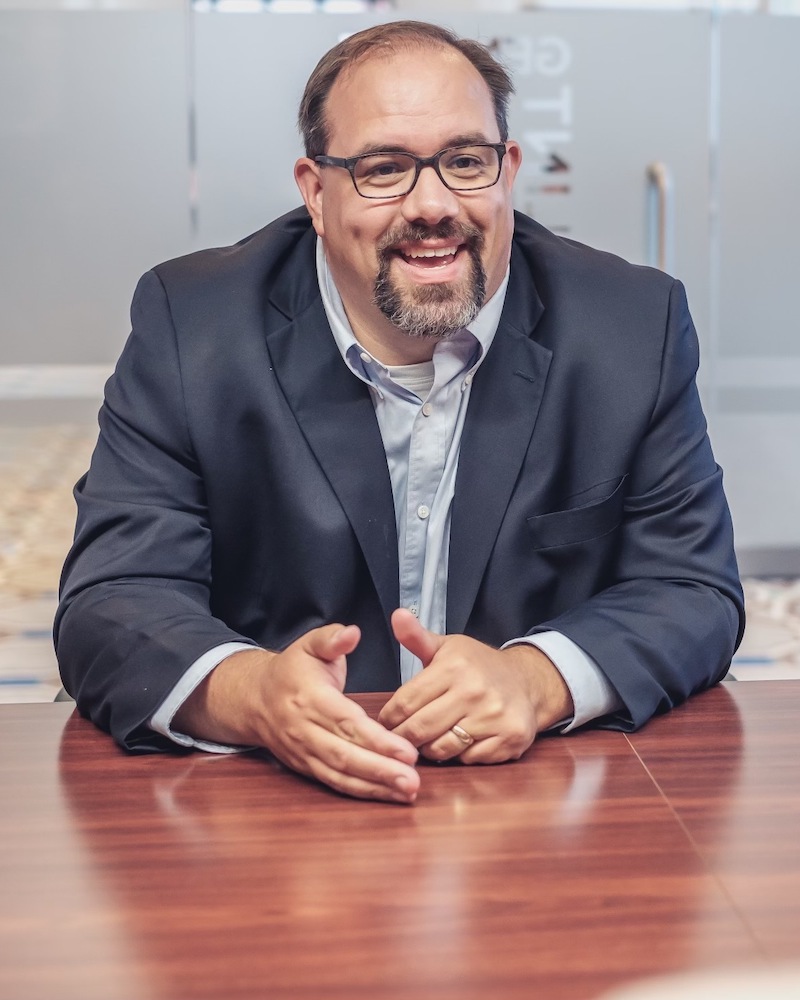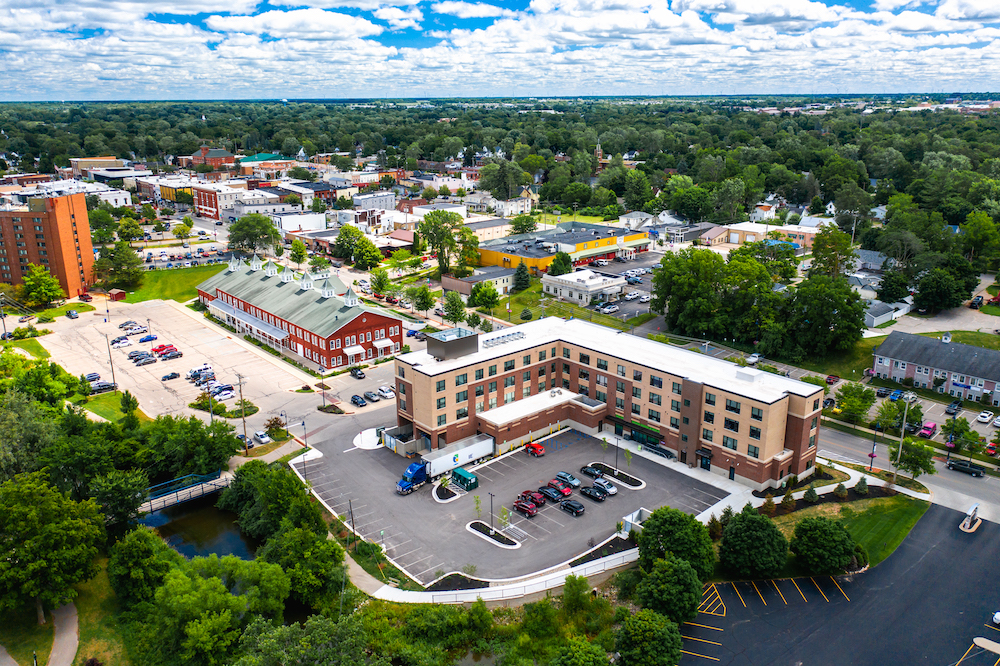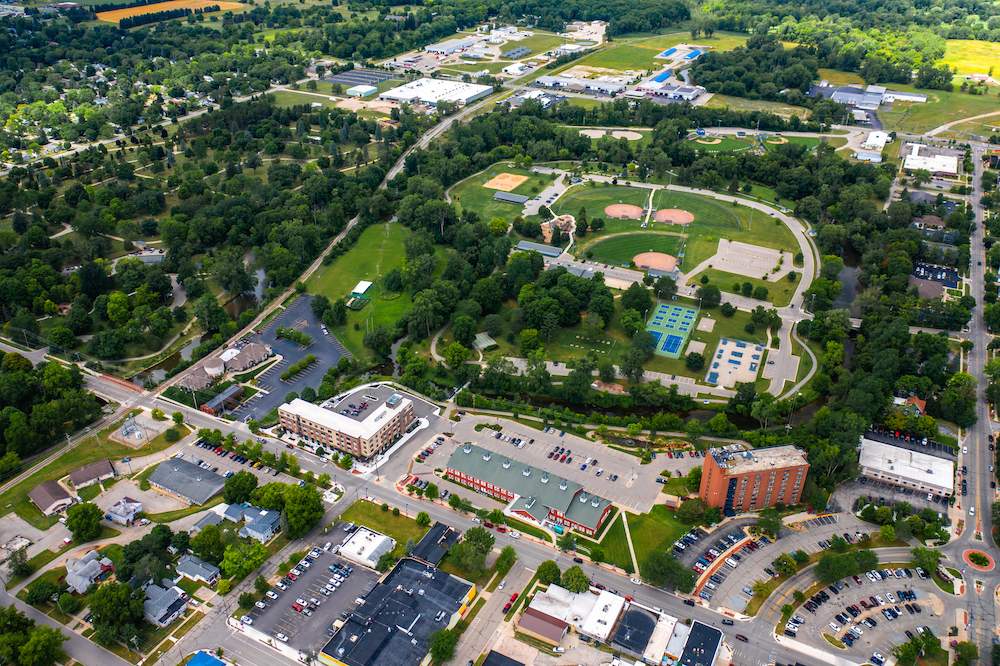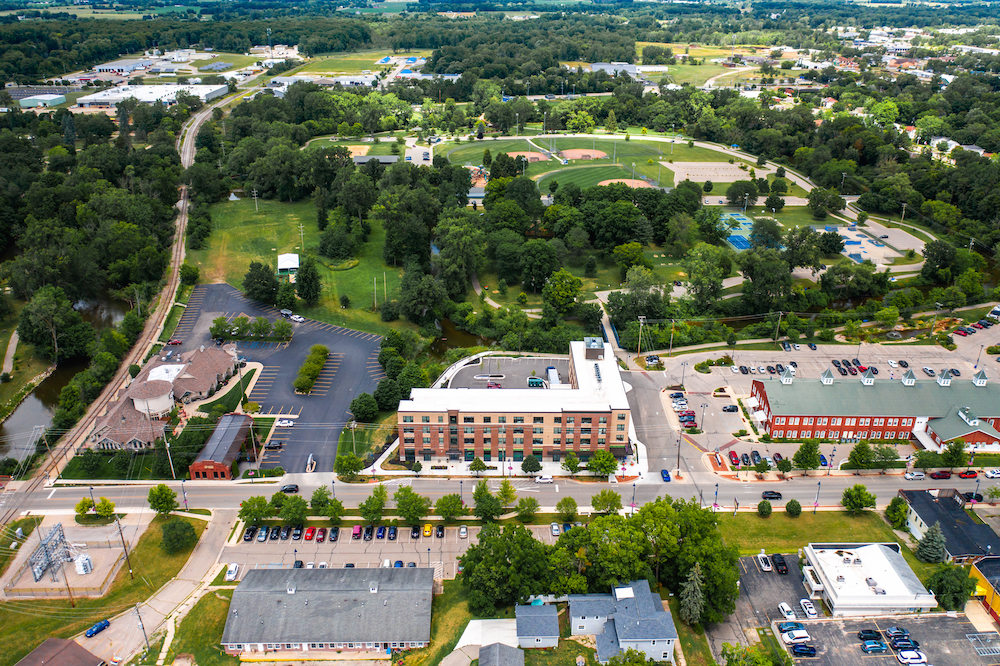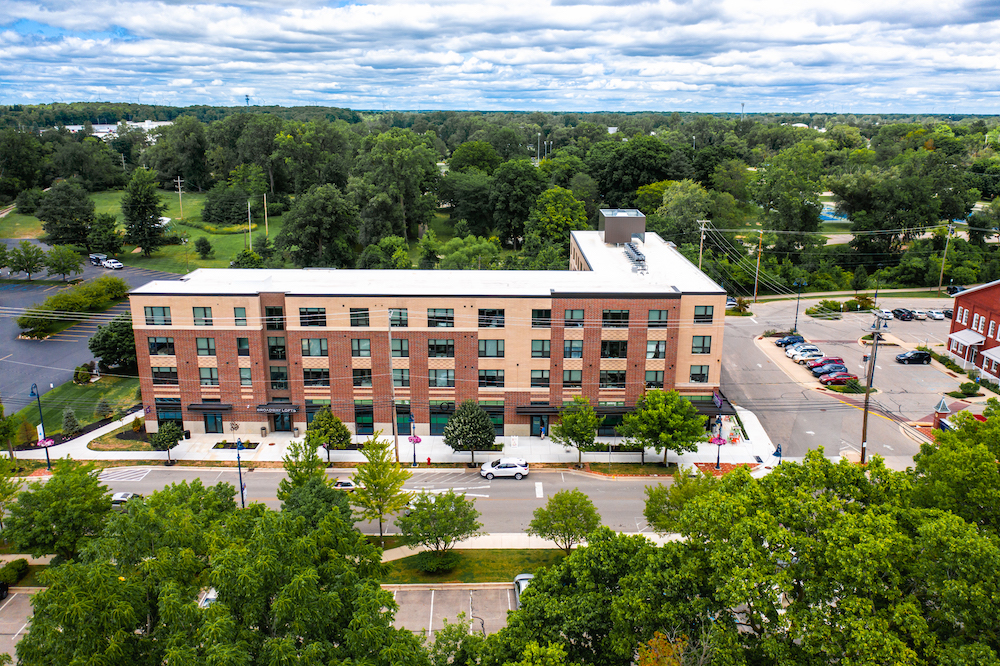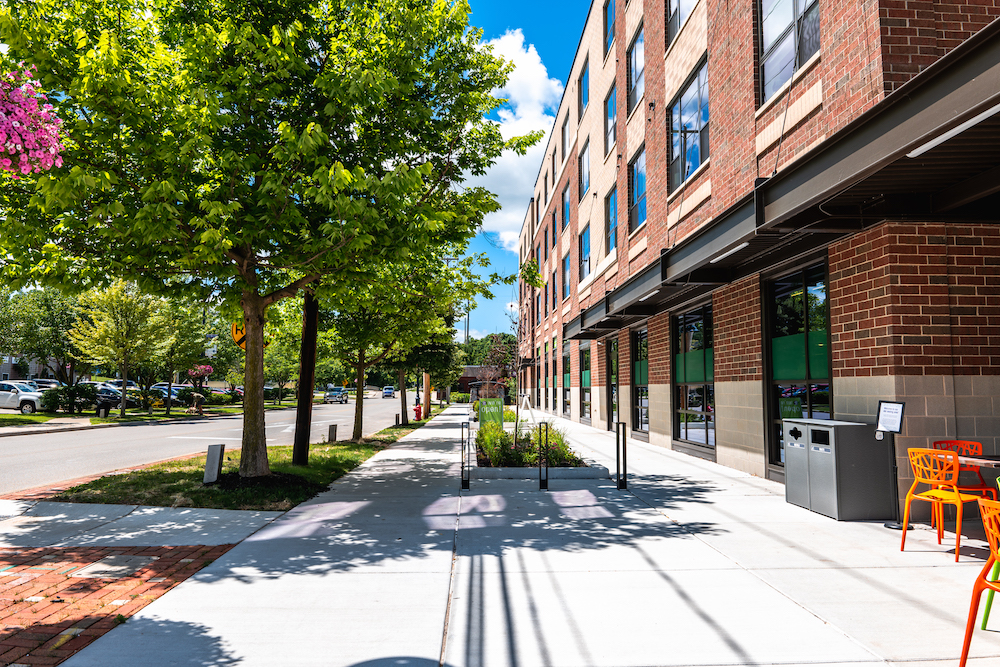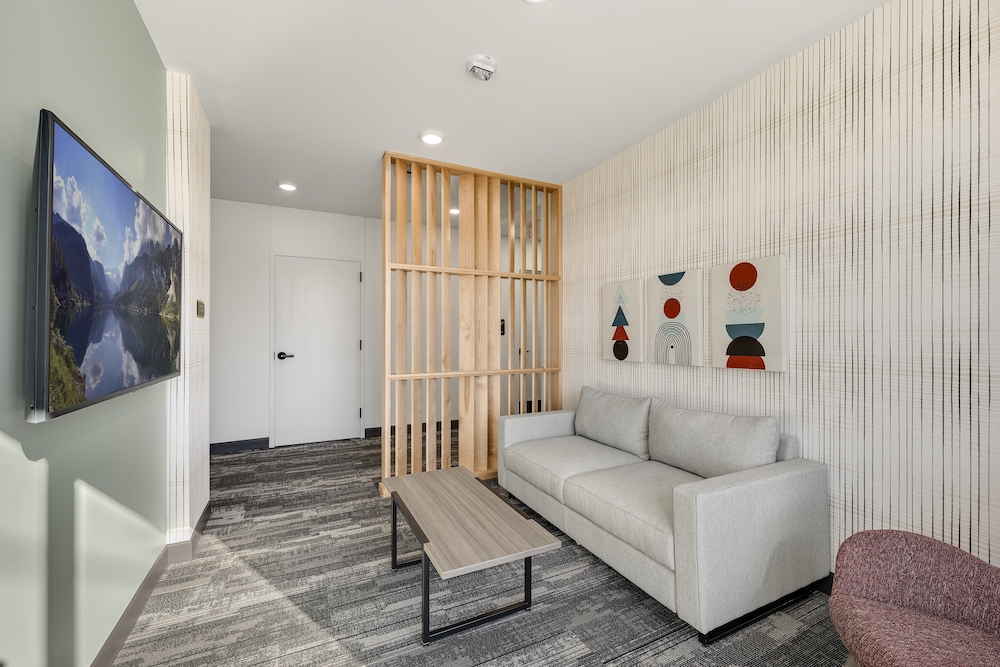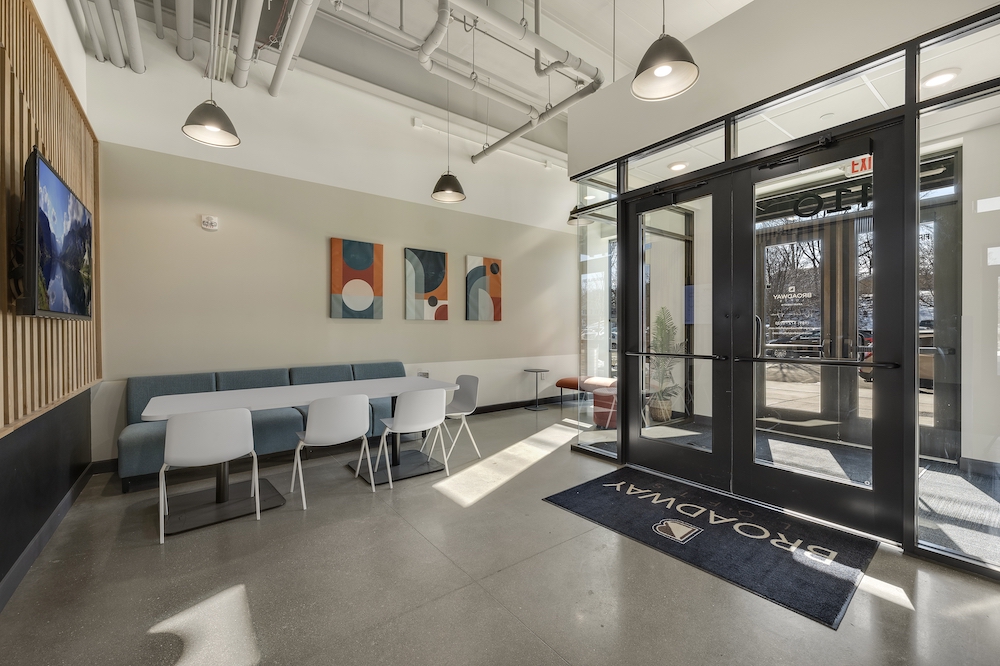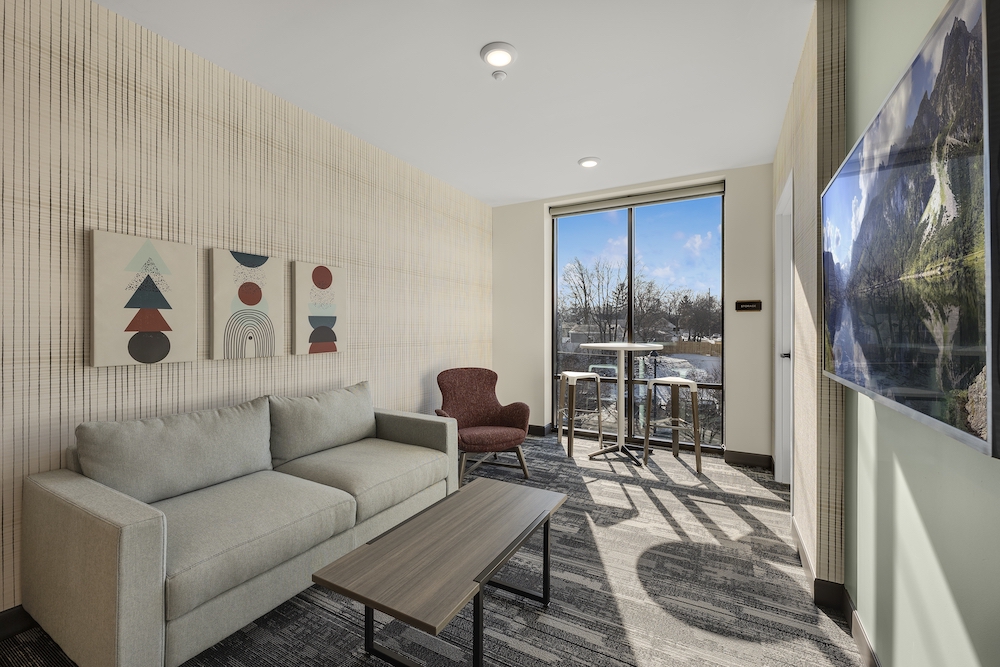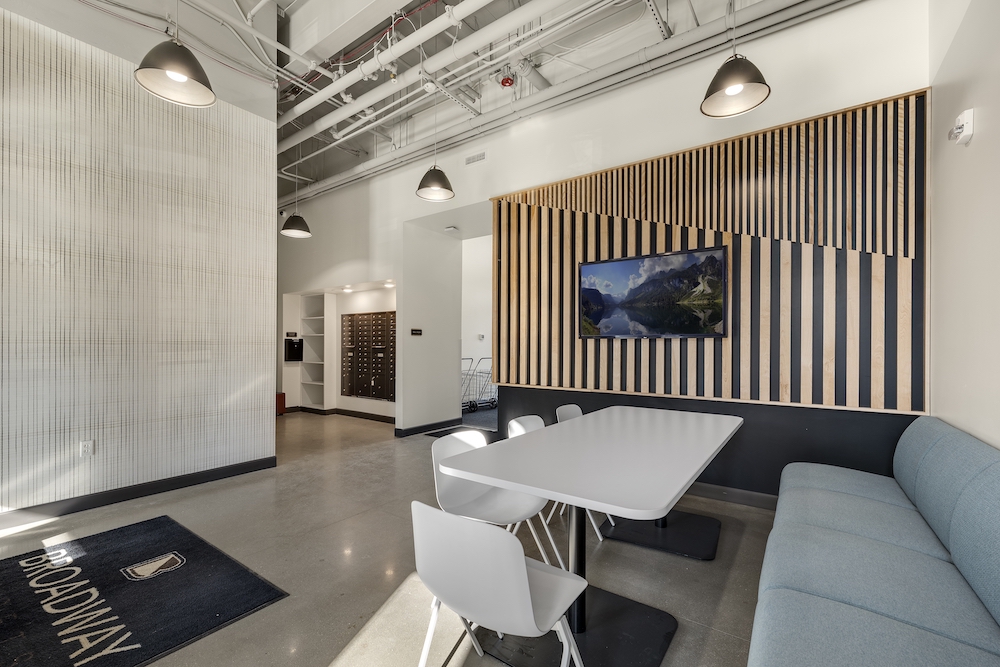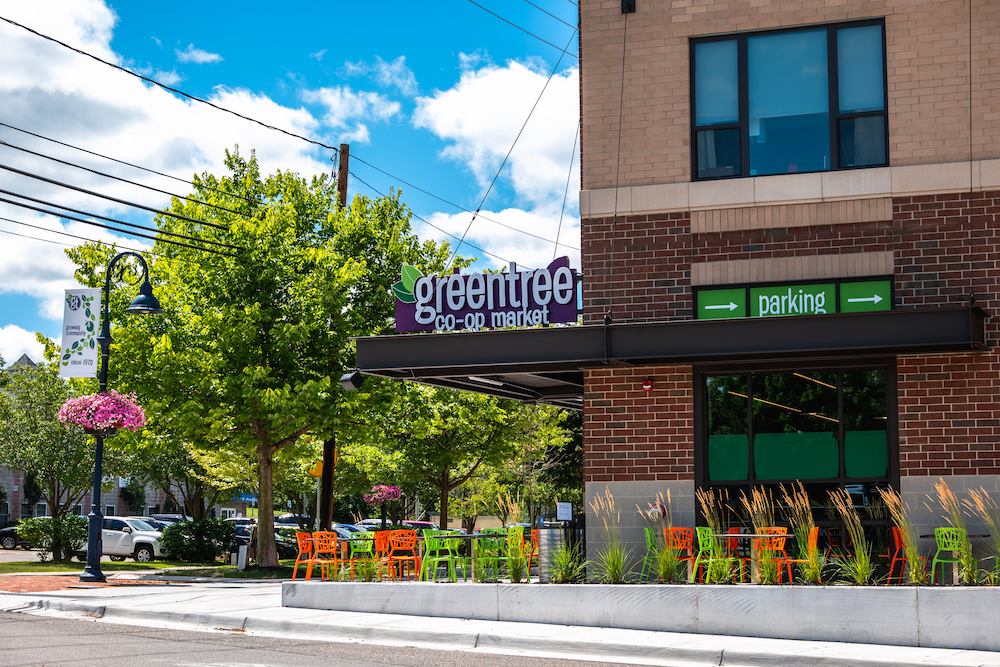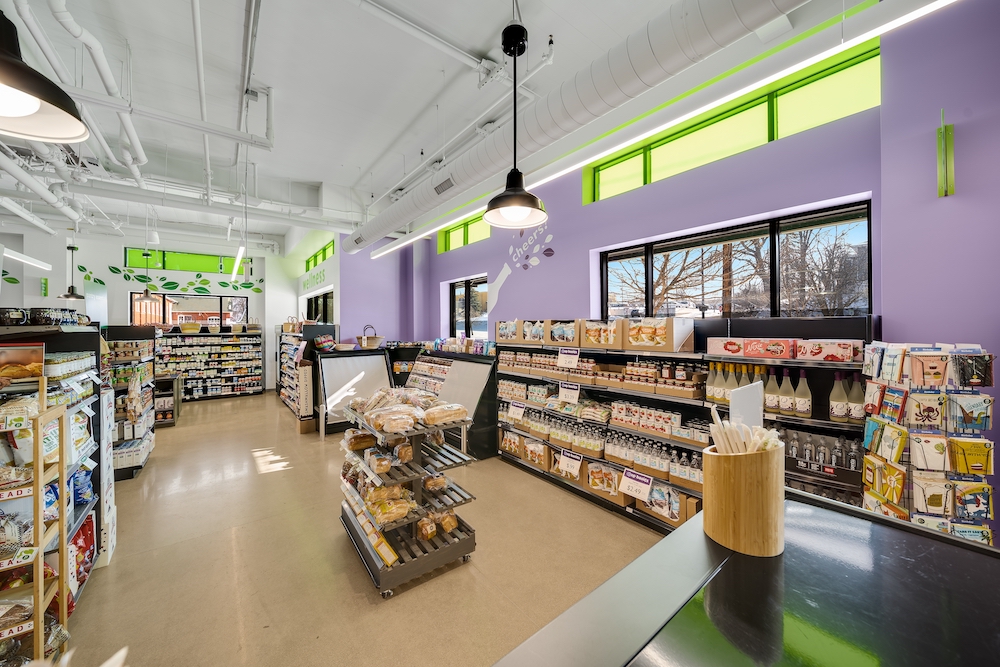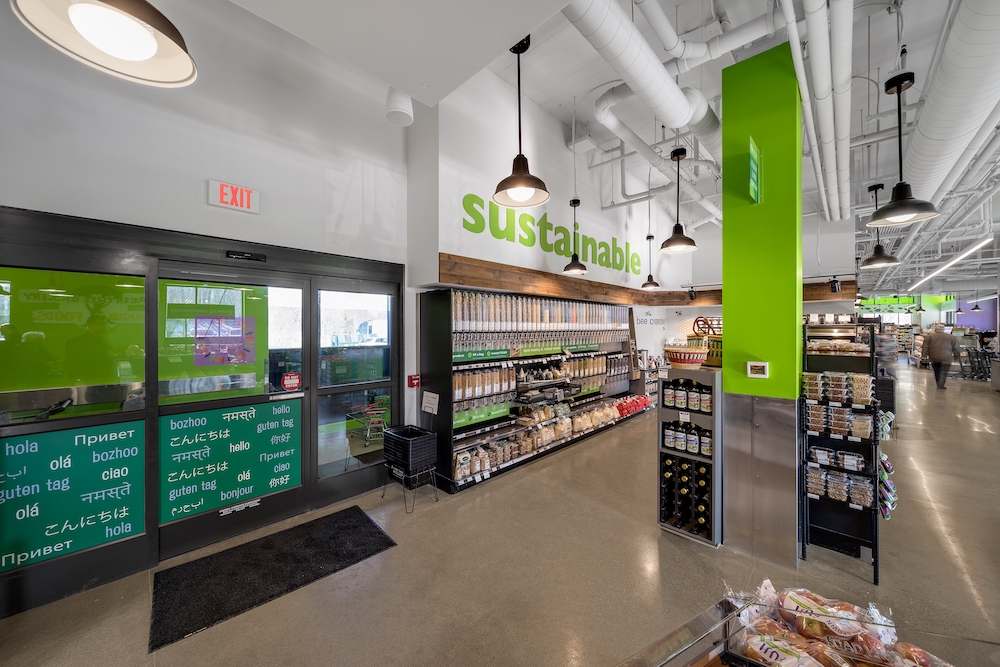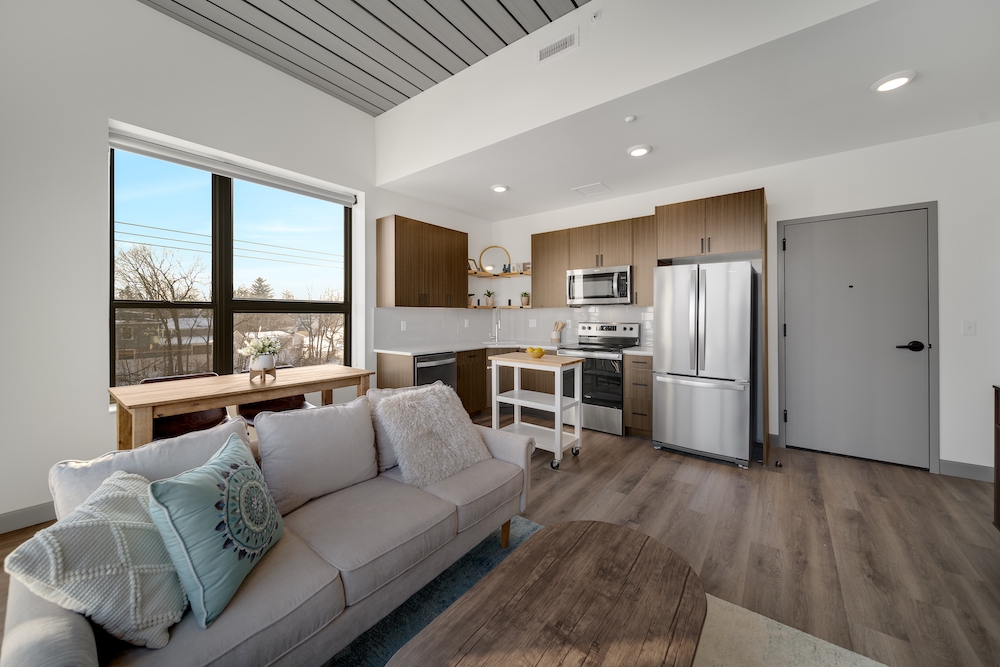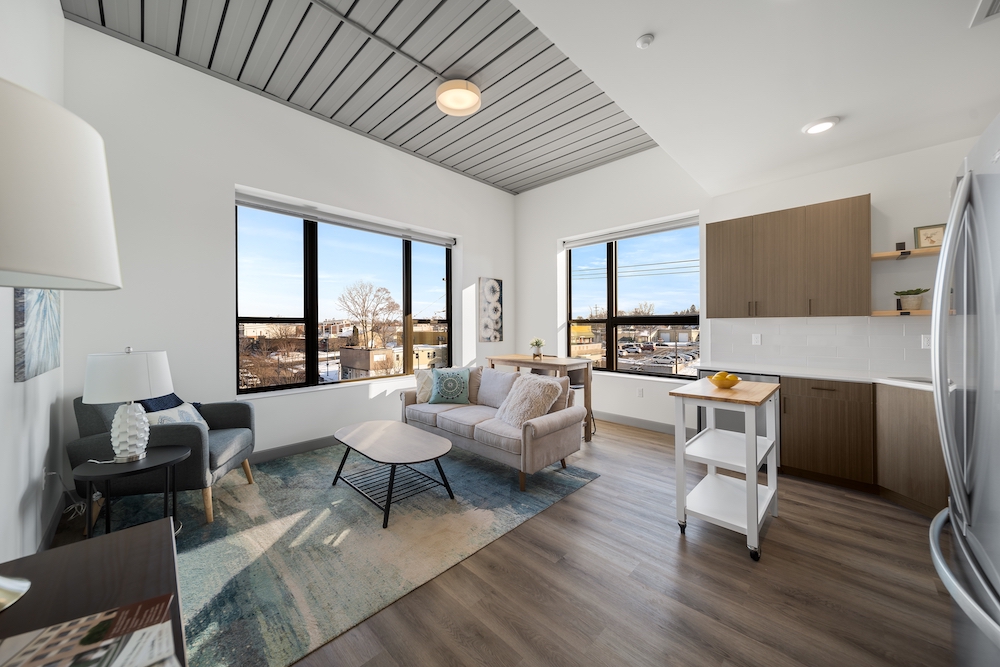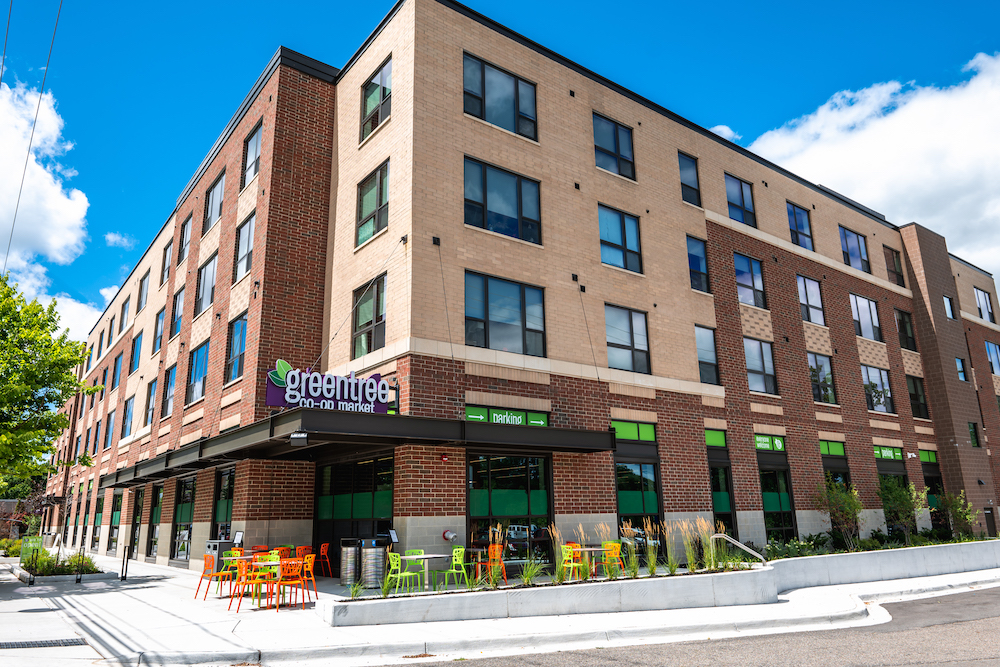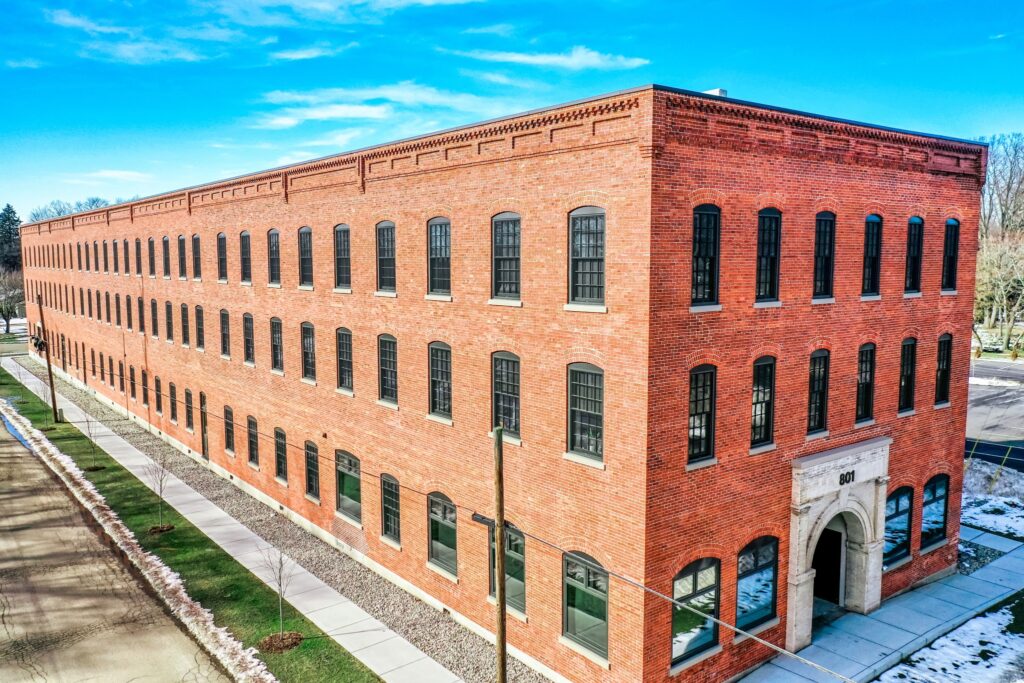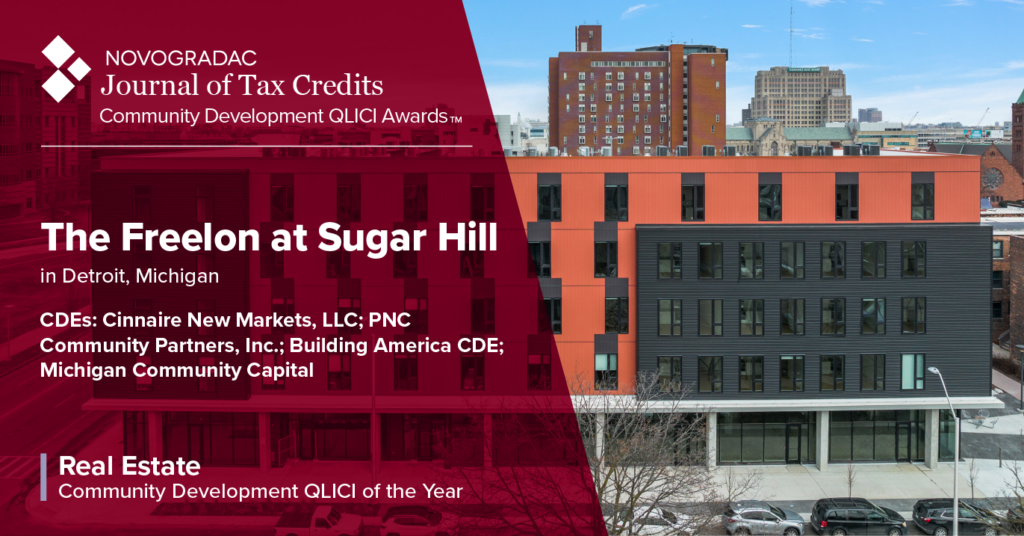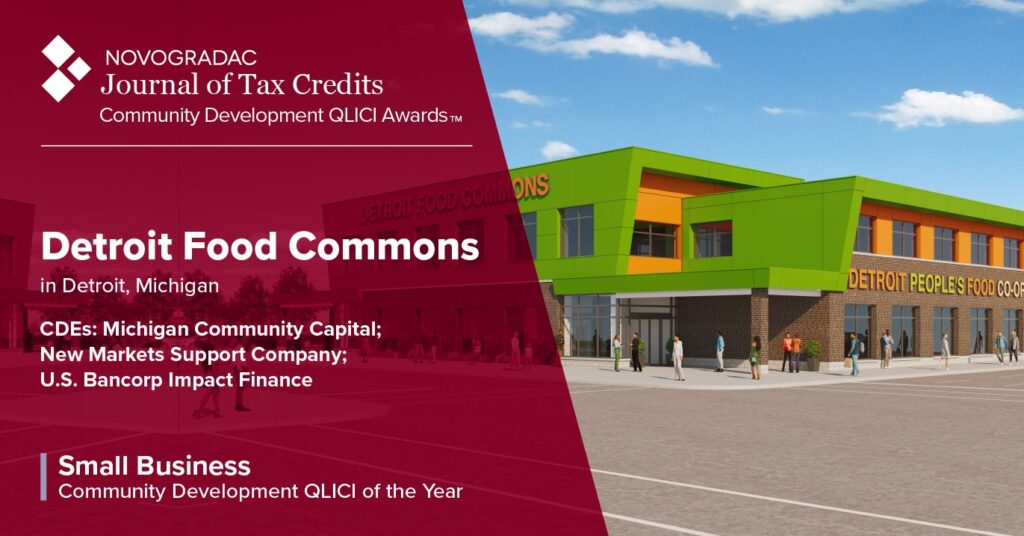
Michigan Community Capital invests New Markets Tax Credits into job- creation expansion project in Detroit.
FOR IMMEDIATE RELEASE
November, 17, 2023
LANSING, Mich.– Goodwill’s Green Works (GGW), a nonprofit industrial recycling subsidiary of Goodwill Industries of Greater Detroit, received $6.5 million in New Markets Tax Credit (NMTC) allocation from Michigan Community Capital (MCC) yesterday. This allocation will be utilized for working capital/operating expenses and the purchase of equipment to support the growth of GGW’s sustainable appliance recycling social enterprise that occupies a 94,000 square-foot facility.
Specifically, Goodwill’s Green Works will expand its transformer deconstruction and appliance recycling program operations while supporting the retention and creation of quality and accessible jobs in positions such as reclamation associate. The NMTC funding will also be a valuable resource to help Goodwill’s Green Works pursue new lines of business, including appliance repair, EPS recycling, and textile recycling.
Located in a high-poverty census tract where the unemployment rate is 30.7%, the expansion project is critical to providing residents with pathways to economic stability.
Goodwill’s Green Works provides employment opportunities to “hard-to-employ” Detroit residents, particularly the formerly incarcerated and chronically unemployed. Their expansion is expected to retain or create approximately 129 permanent jobs, and 5 paid temporary training positions. All permanent jobs will be eligible to receive comprehensive benefits including health insurance, life insurance, and a retirement plan. In addition to benefits, Goodwill’s Green Works and its affiliate provide support services including soft skills instruction, certificate-yielding job training, childcare, and support for other household expenses. Employees recycle and repurpose industrial and household waste materials including cable wiring, transformers, and refrigerators, diverting over 19 million pounds from the landfill in 2022.
The efforts of the expansion support the Mayor’s Workforce Development Board’s goal of helping 40,000 more Detroiters secure employment, directly addressing the board’s key initiative of connecting formerly incarcerated returning citizens with job opportunities and training.
“We’re extremely excited about the opportunity to expand Goodwill’s Green Works’ recycling efforts,” said Caleb Rutledge, president and CEO, Goodwill’s Green Works. “With the support of Michigan Community Capital funding, we will be able to collect and recycle an environmentally harmful material that would otherwise go to landfills. Equally as important, this expansion provides new certificate-base employment opportunities for Detroiters who are desperately in need of work. We are honored to provide a nonprofit service that serves both our community and our planet.”
MCC is investing $6.5 million in New Markets Tax Credit allocation into the project.
“Opportunities to invest in our economy, in our people, and in our planet, all at the same time, are ideal when we consider where our scarce resources should be allocated,” said President and CEO of Michigan Community Capital, Eric Hanna. “For decades, Goodwill has been a pioneer when it comes to pulling together such innovative projects and we applaud their efforts.”
Chase is serving as the New Markets Tax Credit investor on this project.
“Chase is proud to provide a New Markets Tax Credit equity investment to support Goodwill’s Green Works expansion of their sustainable recycling facility in Detroit,” said Chase Senior Community Development Banker, Melissa Pillars. “For 90 years, JPMorgan Chase has helped make lasting impact for Detroiters and this investment continues our efforts to create new jobs and opportunity in the community.”
About Goodwill’s Green Works
Goodwill’s Green Works, a subsidiary of Goodwill Industries of Greater Detroit, is a nonprofit industrial asset recovery and recycling business on Detroit’s east side. The Green Works facility uses ‘clean room’ processing to help break down and process environmentally sensitive materials and offer low-cost solutions for labor intensive operations. Green Works also provides training and employment opportunities for individuals with employment barriers, including those who are justice-involved. For more information visit goodwillsgreenworks.com.
About Goodwill Industries of Greater Detroit
For more than 100 years, Goodwill of Greater Detroit has been a leader in making a difference in people’s lives. We are committed to providing second chances, growing and restoring independence, and improving the quality of life for our community members, while helping the planet through our sustainability practices. With the support our community partners, employers and our nonprofit businesses – Donated Goods Retail, Goodwill Integrated Solutions and Goodwill’s Green Works – we provide job training, social services, job placement, retention services and work opportunities to hundreds of thousands of metro Detroiters with employment barriers. Goodwill of Greater Detroit’s work is cemented in our founding belief: that we will help people, and their families, move from poverty and dependence to prosperity and independence. For more information, visit goodwilldetroit.org.
About Michigan Community Capital
Michigan Community Capital (MCC) is a non-profit diversified public-private partnership that supports the missions of the Michigan Economic Development Corporation (MEDC) and the Michigan State Housing Development Authority (MSHDA) by aggregating capital and facilitating the financing and development of low-income and attainable housing, and the redevelopment of complex brownfield sites within the State of Michigan. MCC is a U.S. Treasury certified Community Development Financial Institution (CDFI) and the only Community Development Entity (CDE) that deploys this resource solely throughout the entire State of Michigan. Since 2005, MCC has supported over $1.3 billion in project financing, successfully attracted $445 million in federal New Markets Tax Credits, and helped to create over 1,500 housing units, 4.3 million square feet of commercial, retail and industrial space to facilitate job creation and expansion, and has insured over 22,000 affordable multifamily doors. MCC drives community development impacts in four key areas: Real Estate Development, CDFI lending, New Markets Tax Credits, and affordable Property Insurance.
###
Media Contact:
Gayle Joseph
VP – Communications, Marketing & Government Affairs
Goodwill of Greater Detroit
gayle.joseph@goodwilldetroit.org
